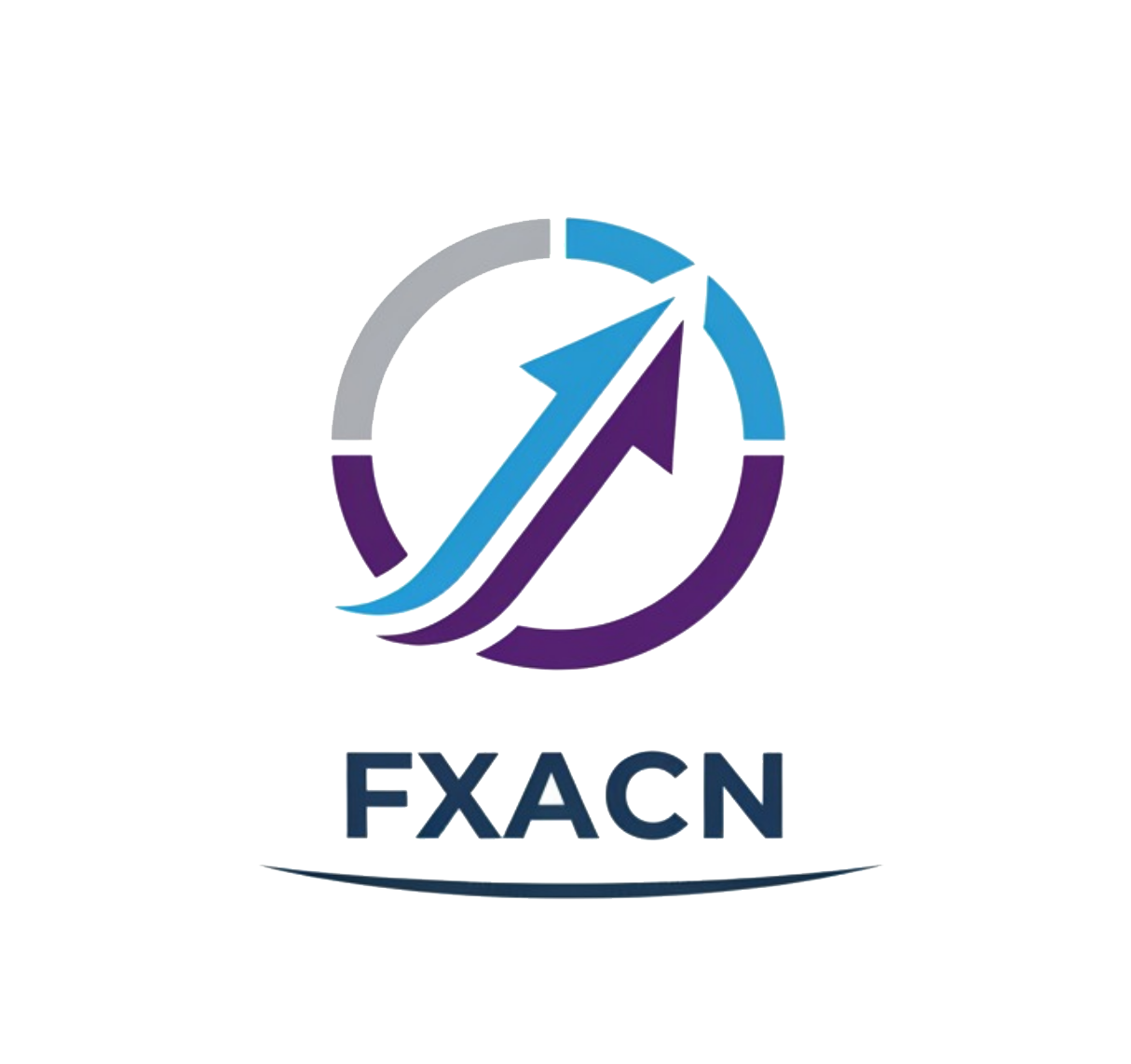Introduction
eToro is a well-known online trading platform that has gained significant attention in the forex and cryptocurrency markets since its inception in 2007. Positioned as a pioneer in social trading, eToro allows users to follow and imitate successful traders, making it particularly attractive to beginners and casual investors. With over 25 million users worldwide, eToro has established itself as a reliable alternative for many looking to dive into trading without prior experience. However, with the rapid growth of online trading platforms, potential investors must exercise caution and thoroughly assess the credibility of any broker they choose to engage with.
When evaluating an online broker like eToro, traders should consider various factors, including regulatory status, fees, user experiences, and the platform’s security measures. This article employs a structured investigative approach, analyzing eToro’s features and functionalities, alongside user feedback to provide a comprehensive overview that addresses the question, “Is eToro safe?”
Regulation and Legitimacy
A broker’s regulatory standing is a crucial marker of its reliability. eToro operates under stringent regulations from several financial authorities around the globe. Below is a clearer view of eToro’s regulatory environment:
| Regulatory Authority | License Number | Regulatory Region | Verification Status |
|---|---|---|---|
| Cyprus Securities and Exchange Commission (CySEC) | 109/10 | Cyprus | Verified |
| Financial Conduct Authority (FCA) | 583263 | UK | Verified |
| Australian Securities and Investments Commission (ASIC) | 491139 | Australia | Verified |
| U.S. Financial Crimes Enforcement Network (FinCEN) | N/A | USA | Registered |
The oversight provided by these institutions plays a vital role in ensuring that brokers adhere to a set of operational standards that protect traders’ rights and funds. It’s noteworthy that eToro has a clean regulatory record with no major infractions reported. This combination of high-level regulatory compliance and historical stability suggests that eToro is a legitimate broker.
Company Background Investigation
eToro was established in 2007 by Ronen Assia, Yoni Assia, and David Ring, aiming to disrupt the traditional trading model by incorporating social and collaborative elements into investing. The company has grown from a niche forex broker into a multi-asset trading platform offering stocks, ETFs, cryptocurrencies, and commodities.
The management team comprises seasoned professionals with backgrounds in technology, finance, and trading. This established leadership has contributed to eToro’s innovative products and its reputation for transparency. eToro maintains a diverse ownership structure, allowing it to collaborate with significant financial institutions, further enhancing its credibility.
eToro distinctly focuses on user engagement and community learning, which is evident in its user-friendly interface. The firm also provides educational resources that help traders enhance their understanding of market dynamics. In terms of transparency, eToro regularly publishes information about its operations, compliance policies, and any changes made to its trading conditions, enabling customers to stay informed.
Trading Conditions Analysis
Examining eToro’s cost structures and trading conditions ensures that traders understand the potential costs associated with trading. eToro uses a market spread model, which may appear attractive initially, but may include additional costs.
| Cost Type | eToro | Industry Average |
|---|---|---|
| Spread on Major Currency Pairs | 1.0 – 2.0 pips | 0.5 – 1.0 pips |
| Commission Structure | Zero commission on stocks | Varies by broker |
| Overnight Interest Fees | Yes, applicable | Yes, typically applies |
While eToro promotes itself as a zero-commission platform for stocks, users should be aware of significant spreads and withdrawal fees. There is a $5 fee for withdrawals, which is notably higher compared to several competitors in the market. Additionally, an inactivity fee of $10 may apply if an account remains dormant for over a year. Such costs can accumulate, impacting overall profitability, particularly for active traders.
Customer Fund Safety
The safety of customers’ funds is paramount when evaluating any broker. eToro implements several measures to enhance the security and safety of customer funds:
- Fund Segregation: eToro maintains clients’ funds in segregated accounts at top-tier banks, ensuring that client resources are safely separated from company operational funds.
- Investor Protection: Depending on the client’s region, eToro offers varying levels of investor compensation. Clients under FCA jurisdiction can benefit from up to £85,000 in protection through the Financial Services Compensation Scheme (FSCS). For those under CySEC, compensation can reach up to €20,000.
- Negative Balance Protection: eToro ensures that traders cannot lose more than their deposited capital, which is particularly important for retail clients trading CFDs.
Historically, eToro has not faced significant security breaches, and their use of two-factor authentication adds an additional layer of protection against unauthorized access.
Customer Experience and Complaints
User feedback is essential in assessing eToro’s performance. Although the platform enjoys a generally positive reputation, specific complaint trends have emerged:
| Complaint Type | Severity | Company Response |
|---|---|---|
| Withdrawal Delays | High | Often prompt response |
| Customer Support Availability | Moderate | Limited live support |
| Fees Explained Clarity | Moderate | Addressed in FAQs |
Typical complaints revolve around withdrawal delays, with some users reporting issues accessing funds promptly. While eToro has responsive customer service, many users have noted the lack of 24/7 availability. Additionally, as the user base continues to expand, customer support may experience longer wait times, particularly during peak activity periods.
One common sentiment among users is that the interface and educational resources offered on the platform greatly support beginner traders, while others desire more advanced analytical tools.
Platform and Trade Execution
eToro’s proprietary platform is designed with user engagement in mind, allowing for both manual trades and copy trading. This dual functionality has attracted many users, but it has also raised questions regarding order execution:
- Execution Quality: Although many users report satisfactory execution times, some stray into concerns about significant slippage during high volatility conditions.
- Manipulation Concerns: While no direct evidence suggests any manipulative practices, users should remain vigilant about price discrepancies compared to other platforms during crucial trading moments.
Overall, the platform’s user experience, combined with social trading options, makes it appealing, particularly for new traders looking to engage without prior market knowledge.
Risk Assessment
Investing through eToro comes with inherent risks, which are particularly pertinent given the broker’s emphasis on CFDs alongside traditional stock trading. This creates a diversified but potentially volatile trading experience.
| Risk Category | Risk Level | Brief Explanation |
|---|---|---|
| Leverage Concerns | High | Leverage amplifies potential losses significantly. |
| Fee Transparency | Moderate | Some users report confusion about fee structures. |
| Market Volatility Exposure | High | Cryptocurrency and CFD trading is highly volatile. |
To mitigate these risks, users are generally advised to:
– Begin with a demo account to understand the nuances of the platform.
– Use risk management tools such as stop-loss features to minimize potential losses.
– Diversify trading strategies across assets to balance exposure.
Conclusion and Recommendations
Based on the comprehensive evaluation, eToro presents a relatively secure and innovative trading environment. Is eToro safe? Yes, the broker is regulated by multiple authoritative bodies, ensuring a level of security and legitimacy in its operations. While some user complaints reflect legitimate concerns about fees and customer service responsiveness, there are no indicators suggesting outright fraud.
For novice traders or individuals attracted to social trading, eToro offers valuable opportunities, particularly through its copy trading features. However, experienced traders seeking lower-cost alternatives or those requiring advanced trading features may find better options.
As such, eToro can be recommended for beginners who wish to engage in trading with a supportive community atmosphere, while more seasoned traders might consider exploring platforms with tighter spreads and advanced analytical capabilities. Always remain cautious, conduct personal research, and be prepared for the inherent risks involved in trading.


